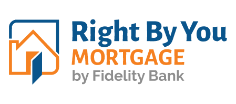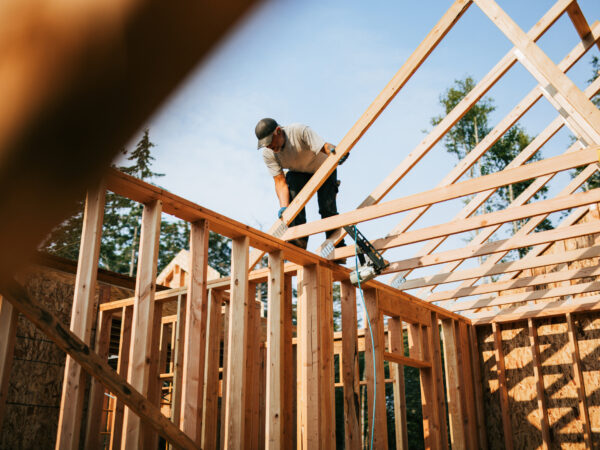For many people, homeownership means a single-family home with a yard and picket fence. But more than five million Americans own condominiums, which are a little different. And because of this, financing a condo is different, too.
Mostly, however, condo mortgages are quite similar to single-family home mortgages. There are conventional loans, FHA loans, VA loans, and USDA loans that are available for houses and condos. Requirements for a down payment, minimum credit score, and debt-to-income ratios are very similar to single-family home mortgages as well.
However, when you buy a house, you’re buying a piece of real estate and everything that is built on it. When you buy a condo, you own everything inside your unit—but not the land it’s on, the roof, or the landscaping around it. In fact, not having to maintain these things is one of the main benefits of owning a condo. But it’s also what makes financing a condo a little more complex.
Condo Loans Can Be More Expensive
From the lender’s perspective, financing a condo is a little riskier than financing a home because the borrower isn’t the only property owner. For this reason, the interest rates on condo mortgages are a little higher than on single-family homes. Interest rates may also be higher depending on where the condo is located.
Even with a slightly higher rate, your mortgage payment for a condo will typically be a lot cheaper than a house payment because condos tend to be less expensive than single-family homes. However, in addition to your mortgage payment, you’ll also have to pay monthly dues to the condo association or homeowners association (HOA). These dues go toward maintaining the property around your unit, including the roof, outside walls, yard, and amenities, like a pool or tennis courts.
Overall, a condo owner’s monthly dues can range from as low as $100 a month to $500 or more. Before approving you for a mortgage, your lender will need to make sure you can afford the monthly dues on top of your loan payment.
They Can Take a Little Longer, Too
When you apply for a condo loan, your lender not only needs to qualify you, but the condo development as well. Because the condo HOA is responsible for maintaining the property’s exterior, your lender needs to know the HOA has enough funds to run the development smoothly and pay for necessary maintenance and repairs.
Your lender will need to see documents from the condo association or HOA that show that the development meets these requirements. They’ll also want to make sure the HOA has sufficient insurance and is not part of a lawsuit that could result in financial losses. This means condo mortgages generally require more paperwork. You may also experience delays in getting that paperwork, so your closing period may take longer than if you bought a house.
You will also need to find out if the condo development even qualifies for financing. For example, Fannie Mae, a government sponsored agency that supplies funding for the mortgage market, is one of the largest buyers of condominium loans. But unless at least half of the development’s units are owner-occupied and the HOA is setting aside 10% of its revenues for long-term maintenance, Fannie Mae won’t fund the loan.
While getting a condo loan may be a little more complex, owning a condo still allows you to build equity, just like buying a house does. And while you’ll have to pay monthly dues, you also won’t have to worry about landscaping and all the other maintenance involved with owning a home.
If you’re interested in financing a condo, the local loan experts at Right by You Mortgage can help. Give us a call at 1-877-552-2242 or drop us a note at inquiries@rightbyyoumortgage.com.









